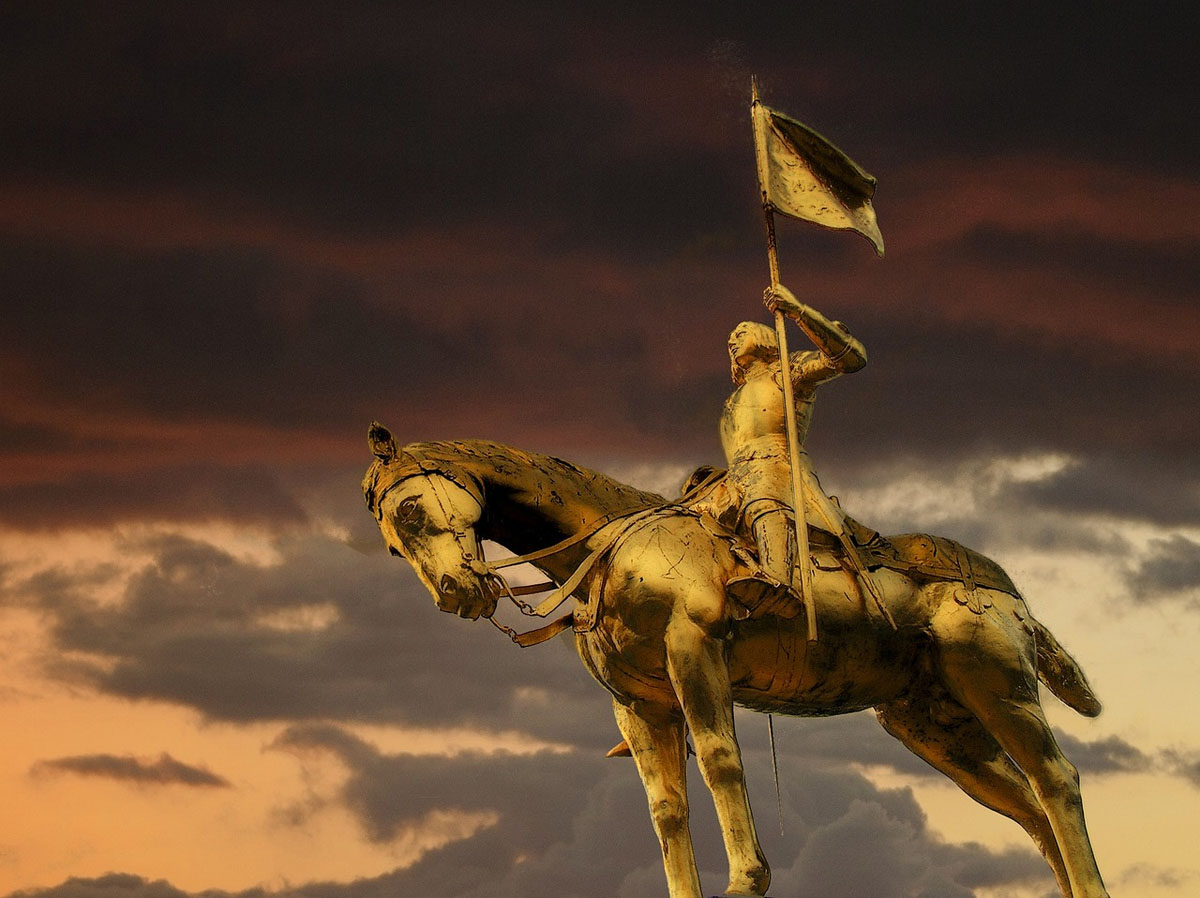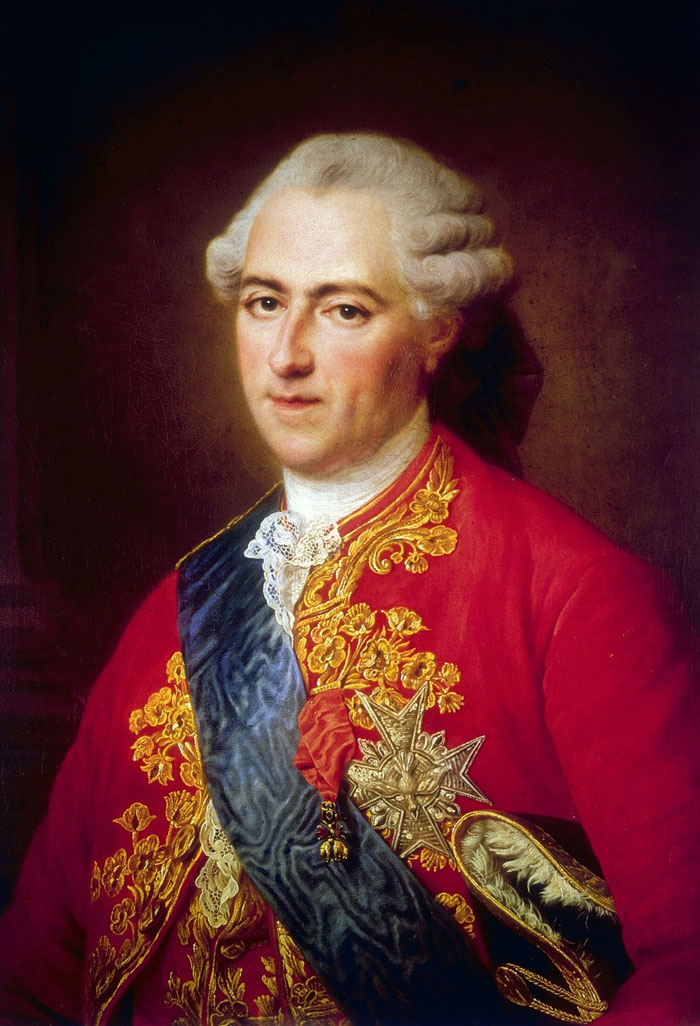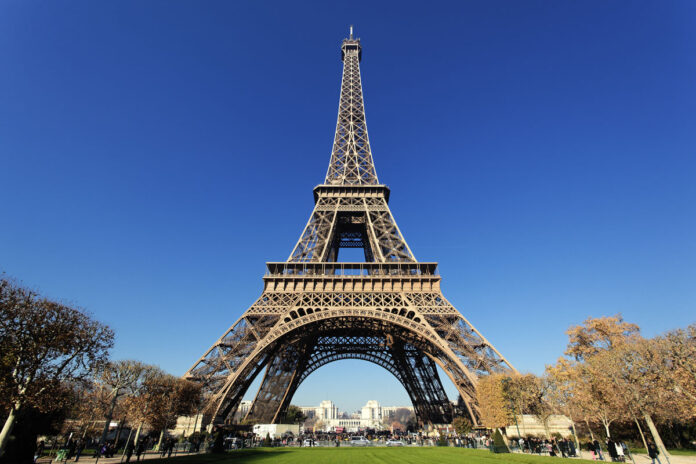Ancient France
The history of France can be traced back to prehistoric times when Celtic tribes inhabited the region. In 51 BCE, the Romans conquered the area and established it as Gaul, a province of the Roman Empire. Over the centuries, Gaul was subjected to invasions by various Germanic tribes and the Huns, ultimately leading to the fall of the Western Roman Empire in 476 CE.
Medieval France
During the early medieval period, the Franks, a Germanic tribe, established the Frankish Kingdom. The most notable Frankish ruler was Charlemagne, who became the Emperor of the Carolingian Empire in 800 CE. Following his death, the empire fragmented into smaller feudal territories.
The 11th century witnessed the emergence of powerful feudal lords and the spread of Christianity. In 1066, William the Conqueror, Duke of Normandy, successfully invaded England, forging strong ties between England and France. The 12th and 13th centuries marked the pinnacle of medieval France’s power and cultural achievements, including the construction of cathedrals such as Notre-Dame.
The Hundred Years’ War
The 14th and 15th centuries were characterized by the Hundred Years’ War (1337-1453) between France and England. Joan of Arc, a young peasant girl, played a pivotal role in rallying the French forces, leading to French victory in 1453 and the expulsion of the English from most of France.

The Renaissance and Enlightenment
During the 16th century, the Renaissance brought about a period of cultural and intellectual flourishing in France. Notably, French explorers such as Jacques Cartier expanded France’s influence beyond its borders. Subsequently, in the 18th century, the Enlightenment emerged, leading to profound philosophical and political transformations that laid the foundation for the French Revolution.
The French Revolution
Commencing in 1789, the French Revolution resulted in the overthrow of the monarchy, giving rise to radical political ideologies. The revolutionaries implemented significant social and political reforms, including the Declaration of the Rights of Man and of the Citizen. However, the revolution also engendered internal conflicts and the Reign of Terror.
Causes of the Revolution
Causes of the Revolution
France experienced significant economic challenges. The nation was burdened with substantial debt as a result of wars and excessive spending by the monarchy. The common people, particularly peasants, were heavily taxed, exacerbating their financial hardships.
Social Inequality
French society was divided into three estates, with the clergy and nobility enjoying privileges while the common people endured heavy taxation and poverty. The principles of equality and individual rights promoted during the Enlightenment era inspired many to question this social disparity.
Influence of Enlightenment
Prominent Enlightenment thinkers such as Rousseau and Voltaire advocated for concepts like liberty, equality, and fraternity. Their ideas ignited a sense of skepticism towards authority and a demand for political reform.
Key Phases of the Revolution
National Assembly (1789-1791)
During the period from 1789 to 1791, the Third Estate, which represented the commoners, separated from the rest and established the National Assembly. A significant event that symbolized the revolution’s struggle against tyranny occurred on July 14, 1789, with the storming of the Bastille, a prison located in Paris.
Reign of Terror (1793-1794)
The revolution took a drastic turn when the radical Jacobins, led by prominent figures such as Maximilien Robespierre, gained power. The Reign of Terror, which lasted from 1793 to 1794, witnessed numerous mass executions, including those of King Louis XVI, Queen Marie Antoinette, and countless others who were perceived as adversaries of the revolution.
Rise of Napoleon Bonaparte (1799)
The instability prevailing during the revolution provided an opportunity for Napoleon Bonaparte, a military general, to ascend to power. In 1799, he orchestrated a coup d’état, positioning himself as the First Consul. Subsequently, he declared himself Emperor, effectively bringing an end to the revolution’s democratic ideals.

Impact and Legacy
- The abolition of feudalism resulted in the eradication of feudal privileges and the ancient régime. This revolutionary change brought about legal equality and put an end to feudal dues and obligations.
- The abolition of feudalism resulted in the eradication of feudal privileges and the ancient régime. This revolutionary change brought about legal equality and put an end to feudal dues and obligations.
- The Napoleonic Code, established by Napoleon in 1804, codified French laws and had a profound impact on numerous countries. This legal system emphasized civil liberties and equality before the law, leaving a lasting legacy.
- The revolutionary ideals of liberty, equality, and fraternity that emerged during the French Revolution had a far-reaching impact. These ideas inspired nationalist movements and revolutions across Europe and the world, shaping political ideologies for centuries to come.
Napoleonic Era
In 1799, Napoleon Bonaparte seized power and subsequently declared himself Emperor in 1804. His military campaigns disseminated revolutionary ideals throughout Europe, yet his ambitions ultimately led to the Napoleonic Wars, which concluded in 1815 with his defeat at the Battle of Waterloo.
Industrialization and Modernization
The 19th century witnessed rapid industrialization and urbanization in France. The nation transitioned into a republic, and consequential societal changes occurred, such as the ascent of the middle class and the emergence of workers’ movements.
World Wars and Post-War Period
France endured significant hardships during World War I, experiencing substantial loss of life. The interwar period was characterized by economic challenges and political instability. Throughout World War II, France was occupied by Nazi Germany from 1940 to 1944. The French Resistance played a pivotal role in liberating the country.
Post-War Reconstruction and European Integration
Following World War II, France underwent extensive reconstruction and experienced notable economic growth. It became a founding member of the European Coal and Steel Community in 1951, a precursor to the European Union. Additionally, France confronted the process of decolonization, granting independence to numerous colonies in Africa and Asia.
The Algerian War and Decolonization
France encountered difficulties in maintaining its colonial empire following World War II. The Algerian War of Independence (1954-1962) was a particularly brutal conflict that ultimately resulted in Algeria achieving independence in 1962. This event marked the conclusion of a period of European colonialism and had a profound impact on France’s domestic and foreign policies.
The Protests of May 1968
In May 1968, France witnessed a surge of student protests and workers’ strikes. The demonstrations, rooted in social and political discontent, demanded greater freedom and civil rights. Although the protests did not immediately lead to a revolution, they instigated cultural and social transformations, challenging conventional norms and inspiring movements on a global scale.
European Integration and the European Union
France has played a pivotal role in the process of European integration. The signing of the Treaty of Paris in 1951, which established the European Coal and Steel Community, laid the groundwork for the European Union (EU). France has been instrumental in shaping the EU’s policies and institutions, placing emphasis on economic cooperation and political stability among European nations.
In the contemporary era
France has encountered a multitude of challenges, including those pertaining to immigration, terrorism, and economic reforms. Despite these obstacles, France has maintained its position as a prominent cultural center, renowned for its contributions to literature, art, cinema, fashion, and cuisine. The intellectual discourse of French thinkers and philosophers has also made a significant impact on the global stage.




